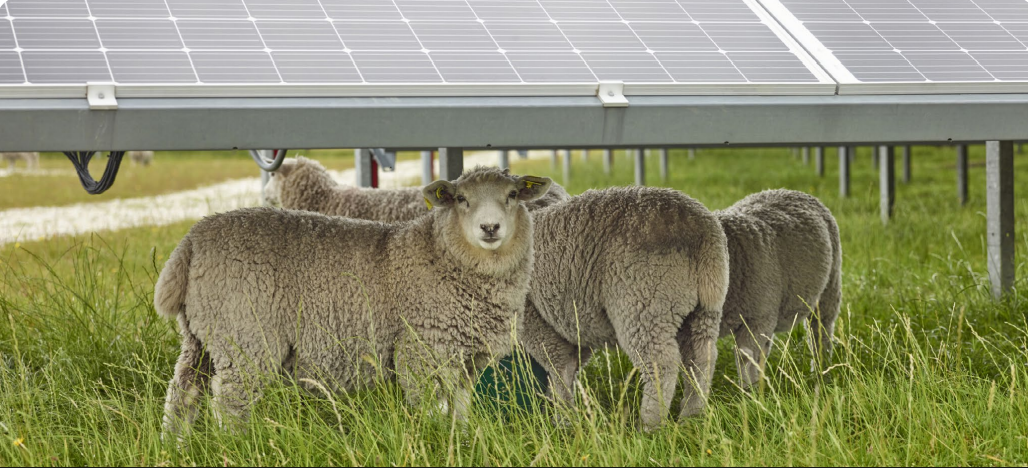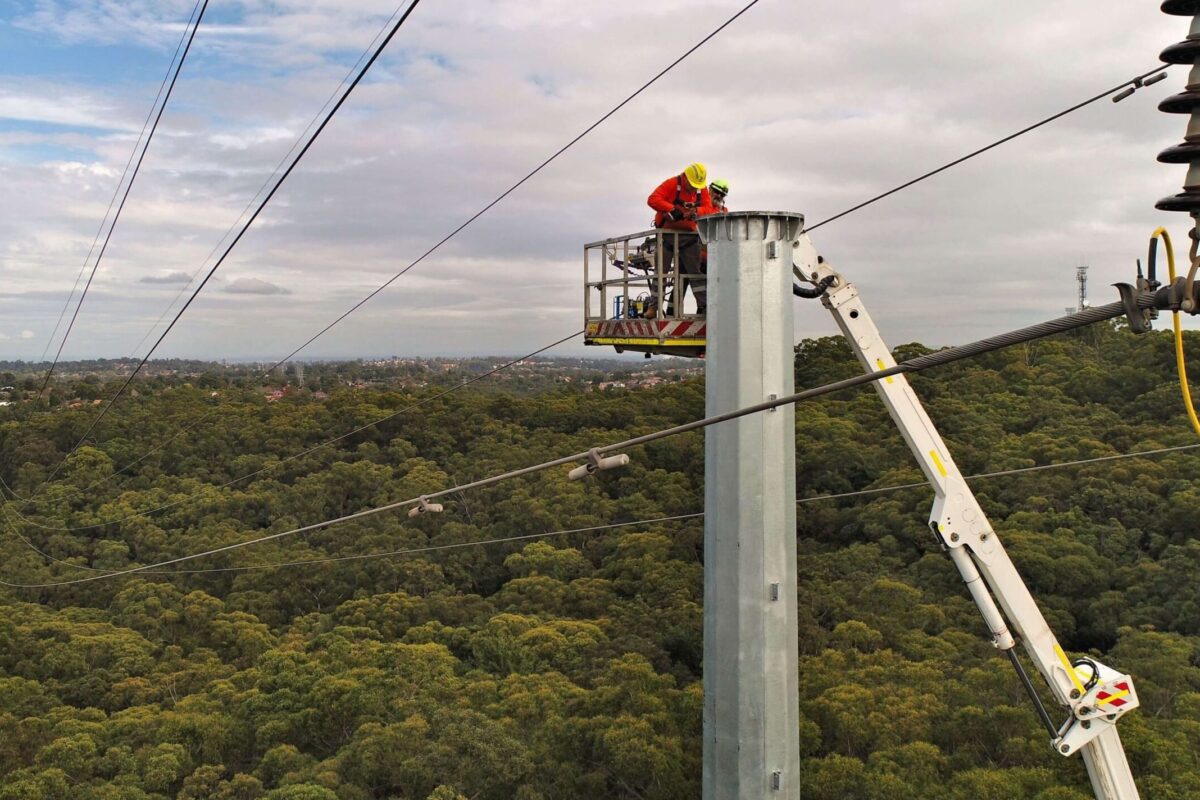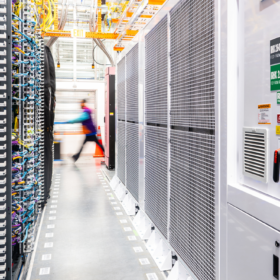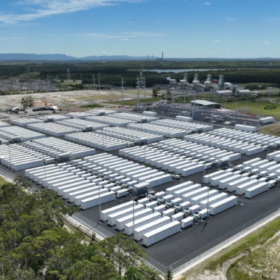How to negotiate fair agreements for landholders potentially hosting solar farms, such as bargaining for good payments or project designs that enable grazing or cropping, is outlined in a new handbook targeting rural and regional communities on the frontline of large-scale clean energy project developments.
In the wake of ongoing rural and regional clean energy development debates, and the rollout of renewable energy zones (REZ) and large-scale projects outside metropolitan areas, the handbook guides communities on how to organise and reap clean energy benefits for their communities, for example through employment and fair compensation.
Written and published by Sydney-based renewable energy advocacy organisation Community Power Agency the Collaborating for a fair energy shift: a handbook for communities steers communities toward playing a more active role in shaping how renewable energy projects are developed in their backyards.
Community Power Agency Co-author and Project Manager Marie Lakey said as renewable energy projects roll out, many regional communities are experiencing significant change.
“Big changes require big support – but there’s been a lack of resources written for communities themselves. This handbook aims to change that,” Lakey said.

Co-author and New England REZ Resident Heidi McElnea said it’s essential that proponents engage with communities.
“But engagement is most effective when communities are also active participants. When we’re involved and working together, we can shape renewable energy development in ways that deliver real, lasting benefits for our region,” McElnea said.
“This is not a time to stand on the sidelines,” she said. “We hope the handbook will help give communities the confidence they need to negotiate genuine outcomes.”
This content is protected by copyright and may not be reused. If you want to cooperate with us and would like to reuse some of our content, please contact: editors@pv-magazine.com.








By submitting this form you agree to pv magazine using your data for the purposes of publishing your comment.
Your personal data will only be disclosed or otherwise transmitted to third parties for the purposes of spam filtering or if this is necessary for technical maintenance of the website. Any other transfer to third parties will not take place unless this is justified on the basis of applicable data protection regulations or if pv magazine is legally obliged to do so.
You may revoke this consent at any time with effect for the future, in which case your personal data will be deleted immediately. Otherwise, your data will be deleted if pv magazine has processed your request or the purpose of data storage is fulfilled.
Further information on data privacy can be found in our Data Protection Policy.